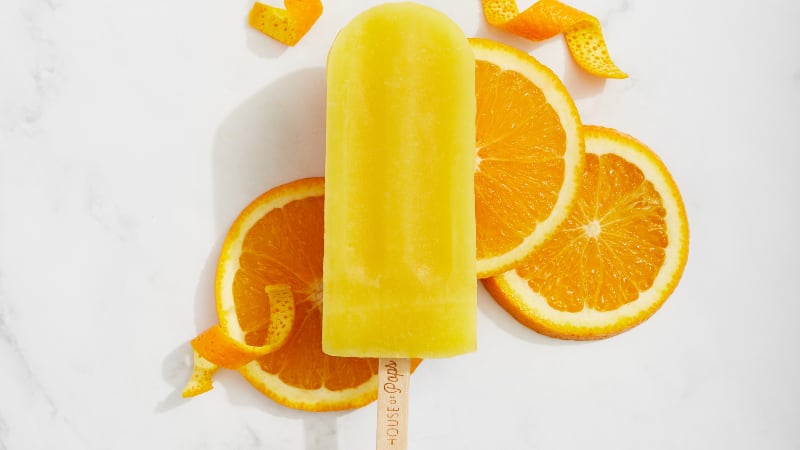The Dubai government is looking to develop and implement “sustainable concepts and practices to achieve food abundance”, while preserving the resilience and sustainability of the country’s food systems, said Dawoud Al Hajri, Director General of Dubai Municipality.
“This is in line with Dubai’s food security strategy, which seeks to diversify import sources, boost local production, reduce food loss and waste, and maintain food safety.”
“Dubai Municipality hopes to significantly reduce the negative environmental effects of greenhouse gas emissions, and the carbon footprint of the food and agriculture industry through such initiatives.”
The city is striving to become the first in Middle East to realise climate neutrality by 2050, which it believes will provide new opportunities for sustainable development and economic progress.
As part of its efforts to heighten awareness about food loss and waste reduction, the Dubai Municipality has produced a guide for retail food companies.
It is also working with hospitality and catering businesses to emphasise the necessity of turning food waste or by-products into higher-value products.
These are targeted at reducing food loss along the supply and manufacturing chain, and to minimise waste at food facilities and retail establishments.
At the same time, it looks to enhance food safety by conducting proactive risk analysis, and to raise supply chain effectiveness by distributing instructional materials to food importers and exporters.
“Each year, the Dubai Municipality works with recycling and waste treatment firms to collect approximately 4,000 tonnes of food waste, including vegetables, fruits, and expired or inedible items. These are subsequently recycled into organic fertilisers and animal feed.”
This year alone, it has contributed 70.5 tonnes of food to the UAE Food Bank, recycled over 297 tonnes, and repurposed 396.7 tonnes of food materials into sustainable alternatives.
According to Alia Al Harmoodi, Acting CEO of the Environment, Health, and Safety Agency at Dubai Municipality, Food and Agriculture Organisation of the United Nations (FAO) data shows that food loss and waste exceeds 30% of produced foods worldwide.
“The Municipality worked with FAO to develop the ‘Stop Food Loss and Waste for People and the Planet’ campaign, which aims to increase awareness about responsible food shopping and consumption. We have also worked with a number of food-related commercial organisations to improve consumption patterns and behaviours.”
Initiatives to raise public awareness
In conjunction with the International Day of Awareness of Food Loss and Waste on September 29, the Dubai Municipality held several educational workshops, school-led activities, and seminars.
These included a global symposium that saw the participation of more than 50 decision-makers from public and academic authorities, and food institutions.
The topics of discussion involved global trends in minimising food loss, as well as the environmental impact and climate-change repercussions of food waste.
“These initiatives demonstrate ecologically beneficial measures for decreasing food waste, promoting optimal food safety practices, and changing behaviours in the areas of food manufacturing, storage and consumption, so as to safeguard both local and global environments.
“By adopting sustainable production and consumption that support food security within the emirate, it would further development of the circular economy.”





